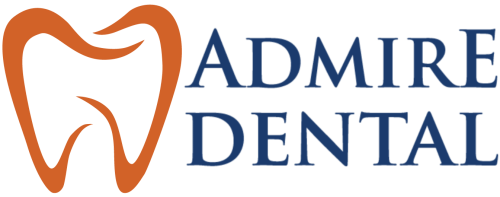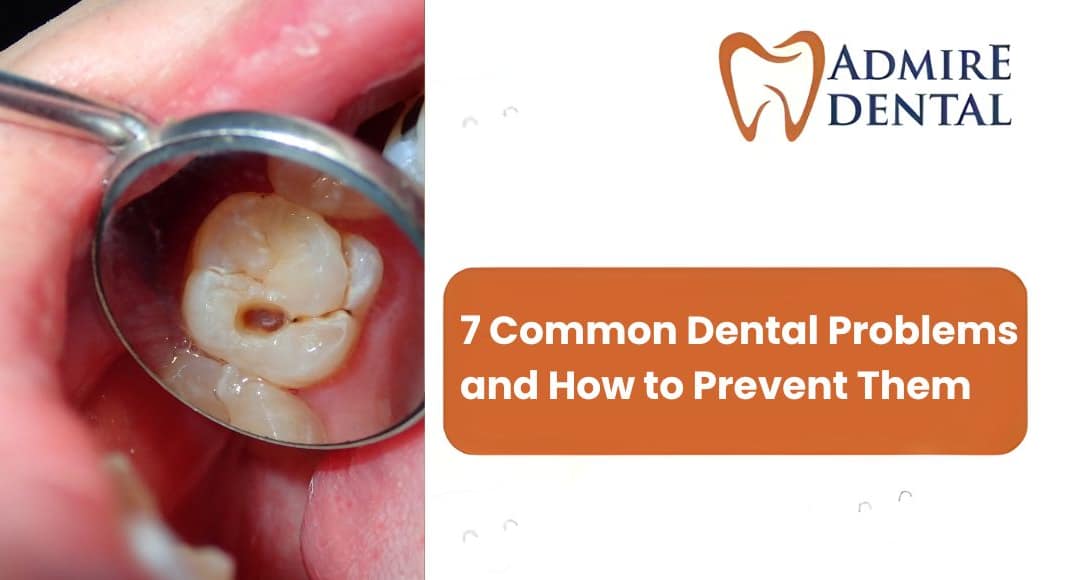A gorgeous smile isn’t just a sign of beauty. It’s also a sign of the health of your way of life. Many people neglect their oral hygiene until an issue with their gums or teeth develops. Dental issues are often unnoticed, however, by the time they’re discovered they may already be creating significant damage.
The best way to safeguard your dental health is to know the most common dental problems and take preventive measures to prevent them.
Let’s take a peek at the most frequent dental problems and the best method to avoid them affecting oral health.
1. Tooth Decay (Cavities)
The Problem:
The process of tooth decay occurs when plaque — the sticky layer of bacteria is formed around your teeth. It creates acids that lead to enamel loss. As time goes by this could lead to dental cavities that could cause pain, irritation and even an infection.
Prevention Tips:
- Cleanse twice per day using fluoride toothpaste two times every day to get rid of plaque.
- Limit the consumption of sweet drinks and snacks that provide food for bacteria that can cause cavities.
- Make sure to clean your teeth each morning by flossing. Where your toothbrush will not get into.
- See your dental professional at least once every six months for teeth cleaned and also for early detection.
A Pro-Tip Rinse your mouth with water after meals, if it’s not effective in reducing acid build-up.
2. Gum Disease (Gingivitis and Periodontitis)
The Problem:
Gum disease is the result of gingivitis which is an inflammation that is caused by the accumulation of plaque on the gum line. If not treated it can cause periodontitis. In this scenario gums receding, and bone loss is resultant with loose and swollen teeth.
Prevention Tips:
- Make sure you follow a routine of brushing and flossing.
- Use an antibacterial mouthwash that kills bacteria that can cause plaque.
- Avoid smoking, which increases the chance of developing gum disease.
- Get regular dental checkups for professional cleanings.
Signs of early warning Gums that are red or swollen If you notice any of these symptoms you should contact your dentist as quickly as you can.
3. Tooth Sensitivity
The Problem:
Tooth sensitivity can trigger pain or discomfort whenever you drink or eat hot, cold or sugary. It’s usually caused by gum recession, or tooth roots which have been exposed.
Prevention Tips:
- Make sure you use a special toothpaste made for teeth with sensitive.
- Don’t brush too hard, as this could cause wear to enamel.
- Cut down on consumption of acidic drinks and food items like soda and juices of citrus.
- Find an expert dentist to treat gum recession, if you are in need of it.
Did You Have Any Idea? Desensitizing toothpaste is an excellent method to reduce discomfort over a few weeks.
4. Bad Breath (Halitosis)
The Problem:
The persistent smell of bad breath for long periods of time is embarrassing and may indicate oral problems like gum disease, dental cavities or poor sanitation. In addition bacteria that reside on the tongue can cause unpleasant odors.
Prevention Tips:
- Rinse and clean frequently to remove food particles and germs.
- Scrape your tongue using this tongue scraper.
- Stay hydrated to avoid the dry mouth.
- Gum that is sugar free, and boost saliva production.
- Regular dental examinations are suggested to check for decay or infections.
Easy Solution Wash your mouth using an alcohol-free mouthwash for instant freshness. While doing so, you are fixing the issue by maintaining your hygiene.
5. Tooth Erosion
The Problem:
Erosion occurs due to acid destroying enamel and causing an appearance that resembles discoloration irritation, as well as fractures. The most frequently cited causes are drinks containing acid, along with poor diet and acid reflux.
Prevention Tips:
- Beware of acidic drinks such as soda, energy drinks and juices made from citrus.
- Drink your drink with a straw for drinks that are acidic to reduce the risk of coming into contact with the teeth.
- Make sure to rinse the mouth using water after having food with acidic ingredients.
- Avoid brushing immediately after eating a meal that is acidic and wait about 30 to 60 minutes.
Extra Tips The use of fluoride toothpaste is an excellent method of strengthening enamel and minimize the damage caused by acid.
6. Tooth Grinding (Bruxism)
The Problem:
The practice of grinding or clenching your teeth — often in the late at night or when you are stressedcan lead to headaches due to tooth wear or jaw pain as well as broken teeth.
Prevention Tips:
- Create a nightguard made specifically for grinding your teeth at night.
- Relaxation techniques can help lower stress.
- Do not drink alcohol or caffeine before you’re going to bed because they can cause more grinding.
- Examine your bite alignment in case you are experiencing frequently experiencing discomfort.
The psychological connection behind bruxism can be related to stress, which is why stress reduction can dramatically diminish the symptoms.
7. Tooth Discoloration
The Problem:
Teeth that have yellow or stained are due to aging as well as certain beverages and foods (coffee red wine, tea and tea) smoking, and poor dental hygiene.
Prevention Tips:
- Cleanse your face twice per day with the toothpaste to aid in the removal of stain or whitening.
- Avoid drinking alcohol that leave stains on your drink, or use straws.
- Do not smoke tobaccoIt stain your teeth and damages gums.
- Use professional treatments for cleaning or whitening that take away the toughest stain.
At-Home Tips Fruits that are hard such as celery and apples assist in eliminating staining from surfaces between cleanings.
The Importance of Regular Dental Visits
Even when you have the top medical care at home periodic visits to the dentist are necessary. Dentists are capable of identifying warning signs early of gum disease and damage to the enamel before it turns into more serious problems.
Regular visits assist in removing plaque that has become hard (tartar) and even regular cleaning won’t be able to get rid of.
Recommended Routine:
- Dental check-ups every 6 months
- A professional cleaning should be done at least once a year
- Every 1 to 2 years, Xrays to look for the signs of decay that aren’t obvious as well as bone loss Also read – Top 5 Benefits of Dental Implants You Should Know
Conclusion
Dental issues like gum decay, dental cavities and tooth sensitivities are not uncommon however, they can almost all be prevented. A regular dental hygiene regimen and an appropriate diet, as well as regular dental visits will guarantee that your smile stays healthy throughout the time.
Remember that preventing dental problems is less costly and less painful, and will make you feel more secure throughout the morning. Therefore, ensure you clean your teeth regularly, floss frequently and think of your dental visits as a vital part of your daily routine to ensure overall health since your mouth health is a manifestation of a healthy you.
FAQs
1. What’s the most common dental problem?
The most frequent reason for teeth decay are dental caries. The most common problem that affects people of all age groups.
2. How often do I need to change my toothbrush?
Each 3-4 month period or sooner, if the bristles seem worn.
3. Is it possible to reverse gum disease?
There is a fact that the early stages of gingivitis is easily reversed by maintaining proper hygiene and expert treatment.
4. How can I improve my tooth?
Consume calcium-rich meals to keep hydrated and utilize dental fluoride.
5. Why is it necessary to wash the teeth?
It removes tartar and plaque buildup that regular brushing can’t remove.




